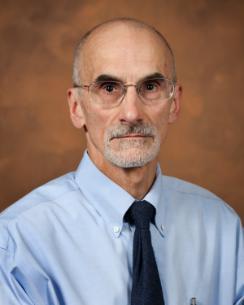
Enzymes are an essential element in the cells of all living plants. University of Florida research is tailored towards getting more mileage out of this essential component. Longer lasting enzymes could lead to increased yields in plants that are produced for food, fuel and fiber.
That’s the thought process of Andrew Hanson, and eminent scholar and professor in the UF/IFAS horticultural sciences department.
“Replacing enzymes is a huge energy cost to organisms, but no one had ever really asked, ‘How long do enzymes last and what determines that?’ If you want to improve enzymes’ lifespans, you need to know which enzymes to target,” said Hanson to UF/IFAS. He is the lead author of a new study in which researchers present a new benchmark for evaluating the durability of any enzyme.
CCR
Catalytic Cycles until Replacement, or CCR, is the first step toward improving enzyme longevity and maybe one day, producing more food, fuel and fiber for the world. The study is published in the journal “Proceedings of the National Academy of Sciences” and supported by a grant from the National Science Foundation.
Hanson compares the parts in a car and the enzymes in a cell to better explain CCR.
“If you’re bringing your car into the shop all the time to replace parts, that’s a big investment and it’s not very efficient. But plants we grow as crops, they spend a lot of energy on enzyme maintenance, which leaves less energy for growing the grain or other parts we harvest,” Hanson said. “Many enzymes in plants could be improved, and with the CCR, we know where to start.”
Click here for full story from UF/IFAS.









